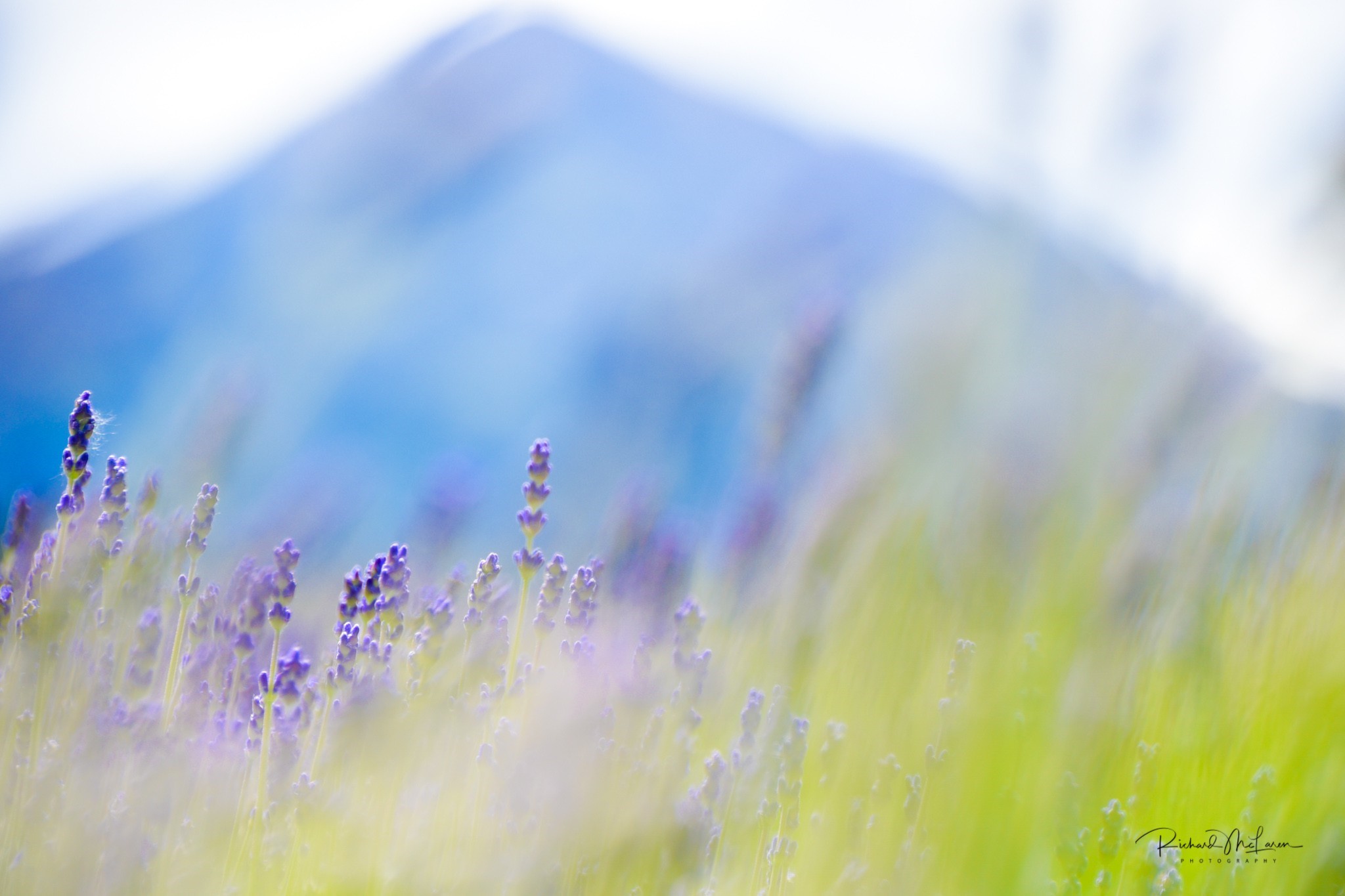“There is beauty in everything. If you just look for it. And there is a photograph in every day.” – William McLaren
Photography to Support Mental Health
Photography is more than just capturing a moment—it can also be a powerful tool for supporting mental health and well-being. Whether you’re photographing nature, people, or abstract patterns, photography allows for creativity, mindfulness, and self-reflection.
In Australia, photography is increasingly recognised as a way to complement traditional mental health support. It can be beneficial for people navigating challenges such as anxiety, depression, PTSD, or social isolation. Capturing images, reflecting on them, and sharing them offer a creative outlet to process emotions and connect with others.

Lavender Mountain – Richard McLaren Photography
How Photography Supports Mental Health
Therapeutic photography isn’t about perfecting your technique or investing in expensive equipment—it’s about the process rather than the final product. It doesn’t require professional training or expensive equipment—a basic smartphone camera is all you need to get started.
The act of observing, taking, and reflecting on images can help you:
- Engage with the present moment: Photography encourages you to pause and focus on your surroundings, which can promote mindfulness and reduce stress.
- Explore emotions visually: Photos can capture feelings and experiences that are hard to put into words, providing a safe and creative outlet.
- Foster resilience: Documenting your journey through photography can provide perspective and help you navigate life’s challenges.
The Benefits of Photography for Mental Health
Photography can support mental health and well-being in many ways:
Reducing Stress and Anxiety
Taking photos, whether you’re capturing nature, urban scenes, or abstract concepts, encourages mindfulness, helping you stay present and focused while providing a calming activity.
Boosting Self-Esteem and Confidence
Photography can create a sense of accomplishment, helping you to recognise the beauty in your unique perspective and boosting confidence in your abilities.
Encouraging Emotional Expression
Photography provides a creative way to express and process complex emotions, especially for those who find verbal communication challenging.
Connecting with Others
Sharing your images in a group, on social media, or through local photography communities can foster connections and reduce feelings of isolation.
Finding Meaning and Purpose
Documenting your experiences through photos can help you find new ways to interpret your journey, giving meaning to your everyday life.
Enhancing Mindfulness and Reflection
Photography encourages you to slow down, observe your surroundings, and reflect on your images—helping you cultivate a deeper connection to yourself and your environment.
Getting Started with Photography
Here are some ways to begin exploring photography as a tool for well-being:
Take a Class
Learning something new can be good for your mental well-being and happiness. Look for workshops in your area or online focused on photography and self-expression.
Join a Local Group
Look for photography meetups or clubs in your area to connect with others with similar interests.
Start Small
Grab your camera or phone and capture what resonates with you, whether it’s a beautiful sunset or the quiet moments at home. There’s no right or wrong way—follow your instincts!
Document Your Journey
Create a photo journal to document moments of joy, progress, or reflection. Over time, this visual diary can become a meaningful reminder of your growth and resilience.
Explore Competitions
Programs like Out From the Mist celebrate the role of creative expression in mental health, providing an opportunity to showcase your work and connect with others.
Seeking Professional Guidance: If you’d like to integrate photography into your mental health care, consult a professional specialising in creative or expressive therapies.
Frequently Asked Questions (FAQ)
What mental health challenges can photography help with?
Photography can support those managing anxiety, depression, PTSD, or social isolation. It’s also a great tool for mindfulness and personal growth.
Do I need expensive equipment to start?
No! A smartphone or basic camera is all you need to get started. The focus is on the process, not the tools.
How often should I practice photography for mental health?
There’s no set schedule—it’s up to you! Some people find daily practice helpful, while others use it as needed to process emotions or manage stress.
Can I practice photography at home?
Absolutely! You can start anywhere—in your backyard, a nearby park, or indoors.
Is there scientific research supporting photography for mental health?
Yes! Studies show that creative practices like photography can improve mindfulness, resilience, and emotional well-being
Learn More
Out From the Mist: An international mental health photography, short movie and music competition showcasing the strengths and struggles, joyous moments and sadness of those who directly or indirectly confront the challenges of mental illness.
Therapeutic Photography: Enhancing Self-Esteem, Self-Efficacy and Resilience (Book & e-Book)
